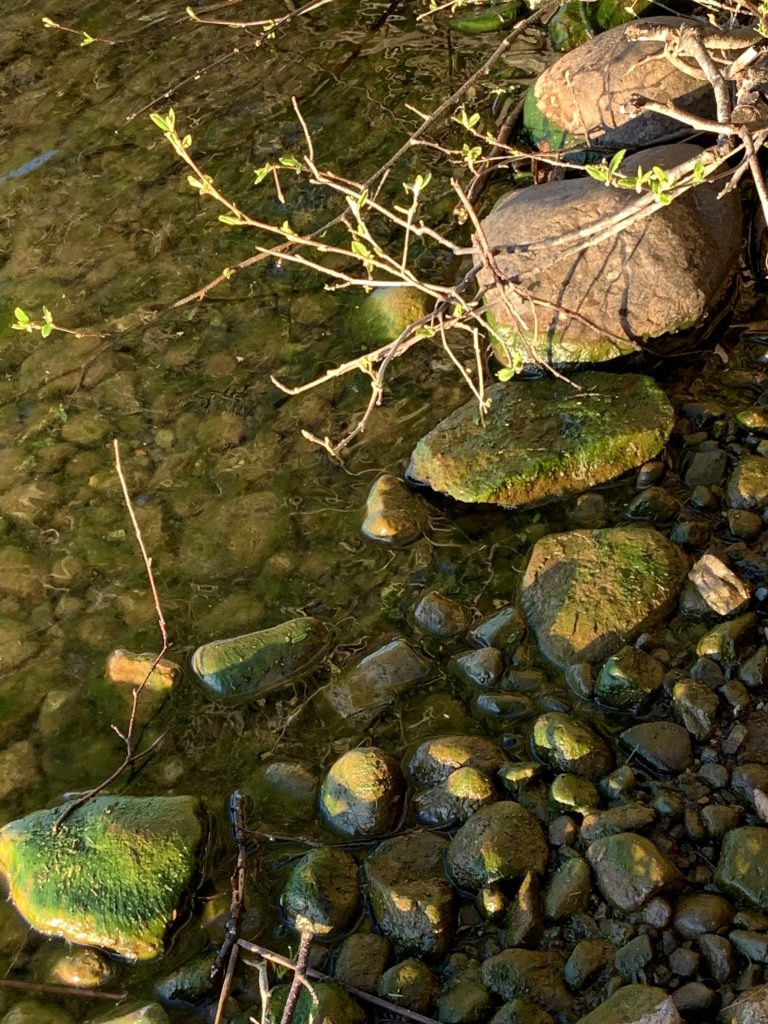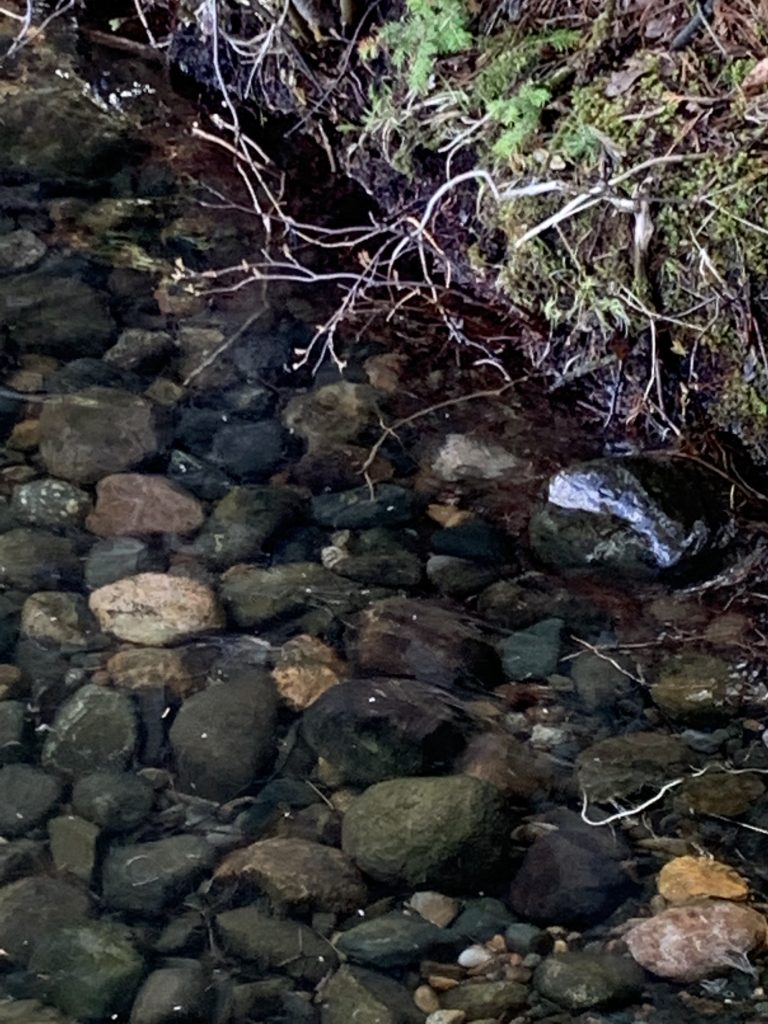Septic System Best Practices
Unfortunately, Deer Lake has lost 2-6’ of water clarity over the past several years. We know the culprit for this decline: phosphorus. Ineffective and failing septic systems are one of the key sources for phosphorus in Deer Lake. DLA is asking your help to reverse this water quality decline.
The soil underneath the drain-field of our septic systems acts like a filter, filtering effluent before it runs into the water table and lake. Over a long period of time, 20-30 or more years, that soil-filter can become saturated. When saturated, pathogens, phosphorus, and other nutrients can run mostly unfiltered from your septic system into the water table and the lake. There are generally no outward signs of that failure. Phosphorus and other nutrients drive the growth of green algae and undesirable weeds. Septic systems 20+ years of age are at risk, and those installed prior to 1996 are particularly at risk. On average 50+% of septic systems installed would likely fail if inspected.


Current law requires a septic system to undergo a septic compliance inspection when property is sold or when a property owner applies for a building permit. DLA recommends property owners with systems installed 1996-or-earlier consider ordering a voluntary septic compliance inspection now. If we’re successful in replacing aging systems, we can lower the amount of phosphorus and pathogens loading into our lakes. A voluntary septic compliance inspection is a simple procedure involving soil tests near your tank and drain-field, and visual inspection of the interior of your septic tank. The DLA can recommend reputable inspectors.
Would you be willing to help conserve our lake water quality? We know that septic system replacements can have a significant impact to lake water quality because a successful septic initiative on a local lake resulted in a 7’ water clarity improvement.
How a Septic System Works
Most septic systems include a septic tank and drain field. Sometimes, when effluent needs to be pumped uphill from the house to the tank, or from the tank to the drain field, one or more electric pumps are part of the system.
Effluent flows from your home or cabin into your septic tank via pump or gravity. The purpose of the tank is to allow solids to settle to the bottom of the tank. Naturally occurring beneficial bacteria and other micro-organisms in your septic tank work to break down some of the solids. Liquid remains on top. The liquid-only then moves by pump or gravity to your drain field. The drain field disperses the liquid into the ground where micro-organisms and oxygen in the soil remove bacteria and nutrients.
The solids that settle to the bottom of your tank must be pumped out periodically. If not, the solids will eventually build up, move into your drain field, clog it, and cause it to fail. Septic additives are not recommended by experts, and sometimes contribute toward system failure.
Summary for Septic System Best Practices
- Order solids pumped from your tank every three years or so, depending on how often your system is used. Some systems include filters that must be cleaned annually. Examples of local firms that pump septic systems and clean filters include Scooter’s and Bunes.
- Order a septic compliance inspection every 5-10 years once your system is 20+ years old. This inspection is a soil test and tank inspection that determines whether your tank is leaking and whether the soil underneath your drainfield is adequately filtering your effluent. Septic systems installed 1996 or earlier are particularly at risk. DLA can provide you with recommendations for septic inspectors. Contact beautifuldeerlake@gmail.com to find out more.
- Use non-phosphate detergents and soap, minimize use of bleach and other solvents and chemicals. Bleach and other harsh cleaning products sent down your drain into your septic system kill the naturally occurring beneficial micro-organisms that break down solids and filter liquids.
- Keep garbage such as cigarette butts, paper towels, cleaning wipes, plastics, dental floss, cotton swabs, prescription medicine, personal care items, or other similar objects from your septic system. These can plug your system and eventually cause it to fail.
- The same is true for kitchen wastes such as cooking fats, coffee grounds, eggshells, lettuce leaves or other food related items that could wash down the drain or be ground up in a garbage disposal.
Septic experts generally agree that it’s best for a home with a septic system to operate without a garbage disposal in the kitchen sink. The quality of septic tank effluent declines when a home or cabin sink includes a disposal. Effluent quality helps determine the life of a septic system. Instead, consider composting or establishing a system for kitchen waste to go into the garbage.
Your individual action can make the difference to Deer Lake water quality!


